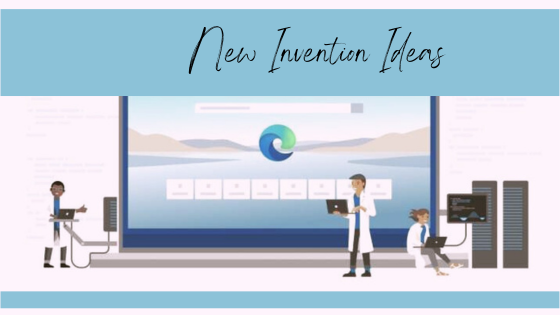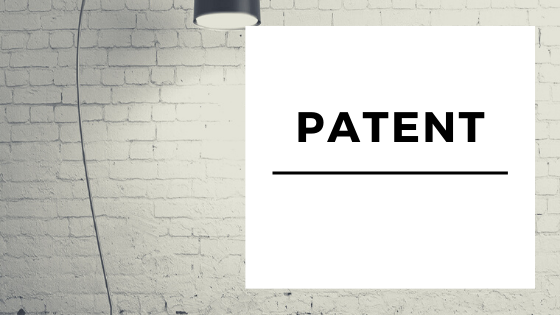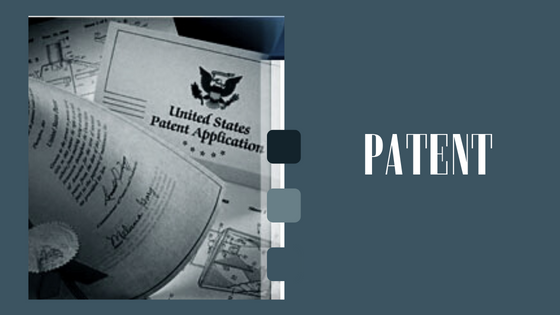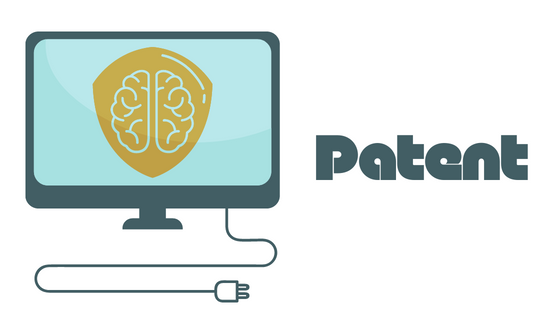Common Law
In US, common IP (Intellectual Property) law basically states that all IP designed, created or invented by an employee is actually the legal property of their employer. However, it should be noted that this is only applicable when the employee’s intellectual property or invention is directly related to their line of employment.
Patents & Designs Act
This particular act contains details relating to the Intellectual Property created by employees during the time of their employment. For example, the Patents and Designs Acts state that all contracts that try to obtain the rights to IP created by an employee that is unrelated to the employee’s role at the company is not binding. Also, any contract that tries to secure rights to inventions developed by the employee more than one year after terminating employment with the company is considered to be null and void as you can see from https://www.crunchbase.com/organization/inventhelp too.
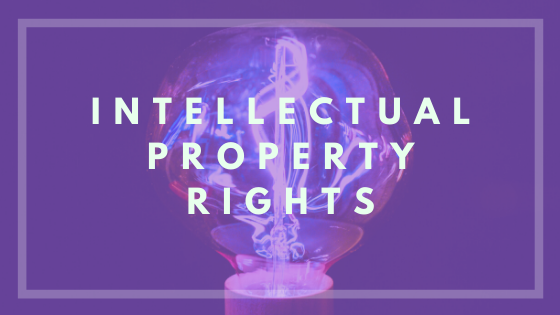
Trademarks Act
In most cases, the first party to apply for a trademark is granted ownership thereof. It should however, be noted that there are a few instances where this would not apply. For example, if a different party has been using a particular trademark for a while or have established a brand identity using the trademark then the application may not be granted.
Copyright
This is a unique form of protection for intellectual property. This is because copyright will exist automatically and does not need to be applied or filed for. If the product is completely unique and tangible then the author would automatically hold the copyright for it. However, it should be noted that the copyright will not belong to the author if the work was commissioned and paid for. In this case, the work created is considered to be property of the commissioner as explained on https://openlab.citytech.cuny.edu/gotconcept/the-next-big-thing-in-invention/.
Confidential Info
This is one of the more difficult types of Intellectual Property to protect. This type of IP is controlled by Common Law which was briefly outlined above. It should be noted that the law of the country states that employers will not be able to prevent employees from using information and skills that are essential in their line of work.

